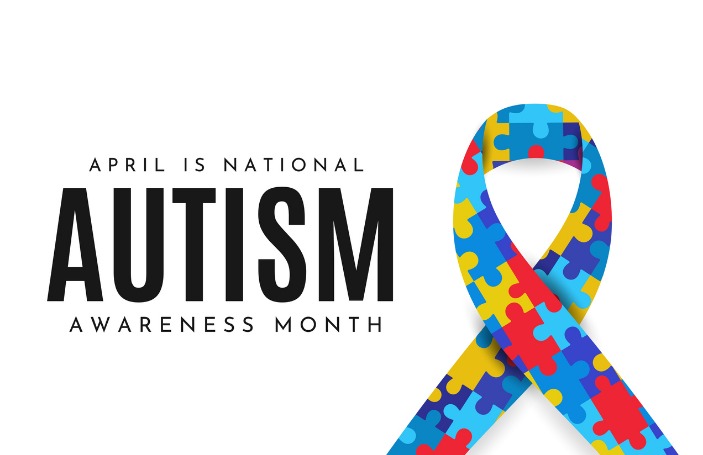The world of music can be a gateway to numerous developmental benefits, especially for children with diverse learning needs. Piano lessons for Autism and Piano lessons for Special Needs offer customized approaches that can significantly enhance cognitive, emotional, and social skills. This article delves into the multifaceted advantages of integrating piano lessons into the educational curriculum for neurodiverse individuals.
Advantages of Piano Lessons for Autism
Enhanced Concentration
Learning to play the piano demands significant focus and concentration. This can be exceptionally beneficial for children with Autism, who often face challenges in maintaining attention. Structured piano lessons help in:
Read more about music lessons for special needs here.
- Increasing attention span
- Improving task persistence
- Boosting mindfulness
Improved Motor Skills
The coordinated effort involved in playing the piano can greatly enhance fine motor skills. For children with Autism:
- Hand-eye coordination improves
- Dexterity in fingers strengthens
- Overall physical coordination benefits
Emotional Expression
Music serves as a universal language, making it easier for children with Autism to express their emotions. Piano lessons provide a safe outlet for:
- Releasing pent-up feelings
- Building self-confidence
- Fostering creative expression
Why Piano Lessons for Special Needs Are Essential
Social Interaction
Learning an instrument like the piano nurtures social skills and encourages interaction with peers and instructors. For special needs children, this interaction is crucial for:
- Building meaningful relationships
- Developing communication skills
- Encouraging cooperative behavior
Cognitive Development
The mental exercise involved in understanding musical notes and rhythms can aid cognitive development. Piano lessons contribute to:
- Enhanced memory retention
- Improved problem-solving skills
- Boosted intellectual capabilities
Customized Learning Experience
One of the standout features of piano lessons tailored for special needs is the highly customized approach. This ensures that each child receives instruction that suits their unique learning style and pace, promoting:
- Increased self-esteem
- Enhanced curiosity and motivation
- Individual growth and development
FAQs About Piano Lessons for Autism and Special Needs
Are piano lessons suitable for all children with Autism?
While every child is unique, most children with Autism can benefit from piano lessons. It is advisable to start with a trial period to gauge interest and aptitude.
How do instructors tailor piano lessons for special needs?
Instructors often employ a variety of strategies, including visual aids, break-down of tasks into manageable steps, and flexible pacing to meet individual needs.
What age is ideal to start piano lessons for neurodiverse children?
There is no one-size-fits-all answer. However, starting at an early age, preferably between 5-7 years, can be advantageous for long-term development.
How can parents support their children during piano lessons?
Parents can play a crucial role by providing a supportive home environment, encouraging practice, and maintaining open communication with the instructor.
Piano lessons for Autism and Piano lessons for Special Needs offer a transformative experience that goes beyond music, imparting essential life skills that foster overall growth and well-being.





